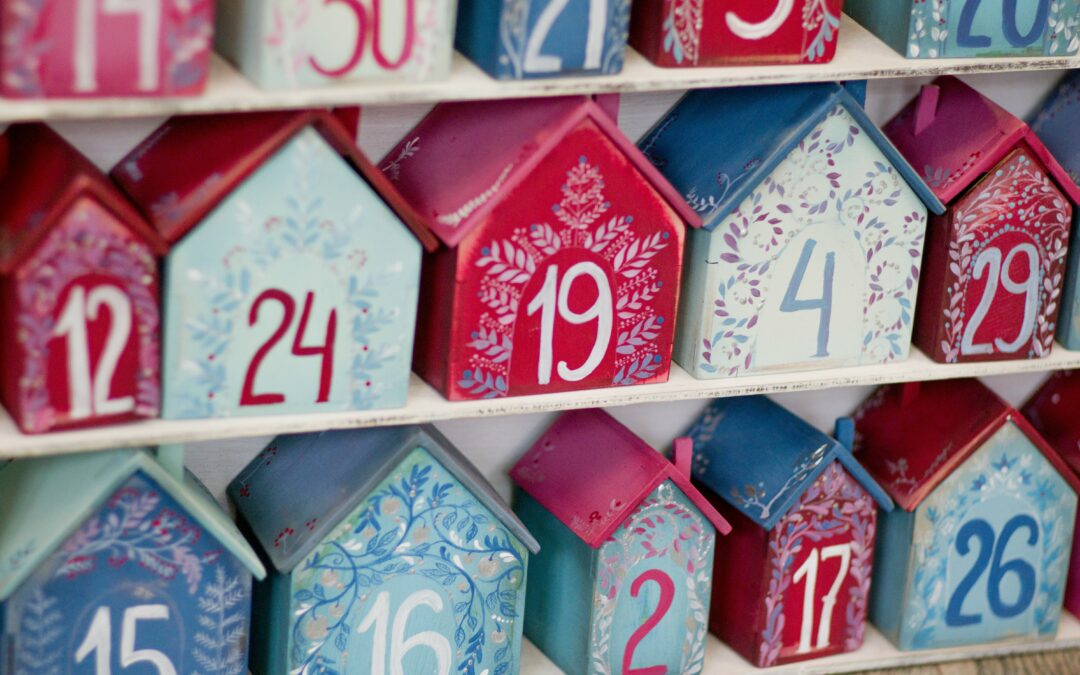Anyone who has watched live TV in the last few years has surely seen a number of big-budget ads that use nostalgia to get their message across. It’s become a popular tactic for brands’ Superbowl commercials in recent years, and big names like Coca-Cola and Microsoft use it regularly in their advertisements. Your business may not have exactly the same budget as these brands, but you can still effectively use nostalgia to make an impact and form strong connections with consumers.
If you’re wondering why nostalgia is even worth considering for your marketing strategy, read this article first to find out. Then continue below to find out three key ways to make nostalgic marketing work for your brand.
Tell Your Own Story
You may not need to look very far to find a heart-warming nostalgic story to use in your marketing. If your business has been around for a while, go back in time and tell your audience the story of your brand’s beginnings. Many of your newer customers might not be familiar with your company’s origin and would be interested to hear the inside story. This personalized approach can help paint the picture of why your company was founded while also introducing your audience to the most meaningful motivations behind the business.
One place people love to see compelling, nostalgic content is on social media. If you can find old photos, share them on your company’s social pages to reach both existing and new audiences who may come across your brand. For an even more meaningful message, see if you can talk to your company’s founder or someone who has been around a long time. Ask them for their best stories and memories from the early days of the business and include them in your posts. Social media users who see these anecdotes will be inspired to seek out more information about your brand and find out what you’re doing today.
To permanently link your origin story to your brand, consider creating a new page on your website to tell the narrative. Any new potential customer who visits your site could easily find it and dive into the happy memories as they’re first introduced to your brand. You could also temporarily (or permanently!) bring back an old-school logo, adding just a few small modern twists to update it if needed. Back in 2013, beer brand Miller Lite redesigned their cans to match their original design from the 1970s. They had planned to run the campaign for only a couple months, but their sales numbers improved so dramatically that they decided to turn it into a full rebrand. Sometimes a small blast from the past is all it takes to form a stronger connection with your audience.
Tap Into Collective Memories
If you’re hoping to use nostalgia in your next marketing piece, consider weaving in elements from pieces of pop culture that everyone will recognize. A super-niche topic may hit home for a small group, but popular references tend to be more relatable and shareable to a wider audience. Start by choosing an era to focus on, like the 1980s or the boy brand craze of the 90s. If your brand hasn’t been around a long time, try selecting a time period that was especially notable for your industry. For example, as an ad agency, we might choose Mad Men-style references from the 1960s. If you can’t decide on a time period that makes sense for your brand, consider a decade that has seen a recent overall resurgence in pop culture or is simply one of your favorites.
Next, decide how you will visually connect your brand to that time in your message. You might create a setting for a new video that imitates a popular movie, or use appropriate clothes and slang that will clearly place the ad in the correct year. You can also take a simpler approach to nostalgia if your business is relatively new or you’re hesitant to start a new campaign. Audiences still enjoy being transported back to yester-year through imagery and design styles. In your future marketing content, try including old photos, fonts, quotes or music from your chosen period into your brand’s overall message. You could even recreate old advertisements for products in your industry and bring them into modern day. If you see a positive response, then consider committing to a larger campaign that you know your audience will respond to.
Choose Your References Wisely
When you choose your nostalgic references for your marketing, carefully consider your target audience and changing modern opinions. Different generations will have very different triggers of their nostalgia, and if your message falls flat it may make your brand seem of touch with your key customer base. For example, Gen X sports fans may have been especially invested in the popular Bulls documentary “The Last Dance,” while throwbacks to old Nickelodeon shows may be more appealing to Millennials.
It’s also important to remember that not everyone’s memories of the past will be positive. Now that we have the benefit of hindsight, some cultural trends look more controversial or problematic today than they did 20 or 30 years ago. A Michael Jackson reference may still be a huge nostalgic hit for some people, but others will only associate him with the recent documentary Leaving Neverland. Before you move forward with a specific piece of nostalgia, do your research to be aware of potential controversies and make sure others will understand each reference.
However, this doesn’t mean negative emotions need to be avoided altogether. They can still be motivational and useful for marketers when used appropriately. Nostalgic marketing is powerful because it takes people on an emotional journey. Reflecting first on more troubling memories of the past can then help your audience understand how far we’ve come. Just remember that the emotional message you close with will be the one that sticks with each person the longest, so try to end your story on an uplifting note. These inspiring and positive points might even make them feel better about the world we live in today and the brands – like yours – we surround ourselves with.





0 Comments